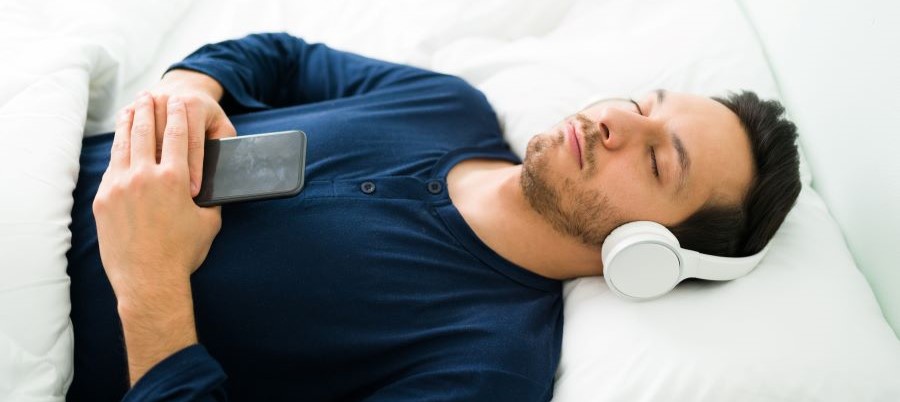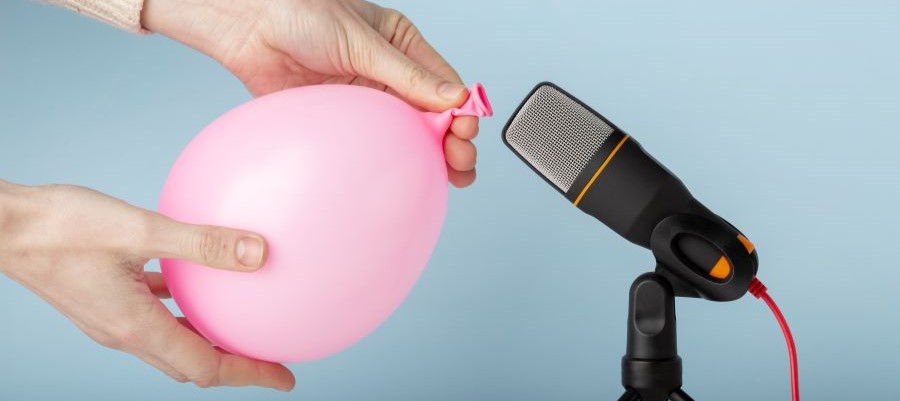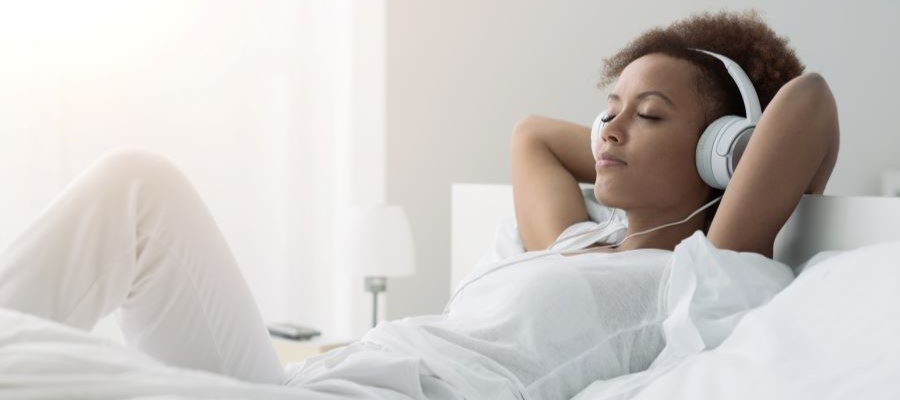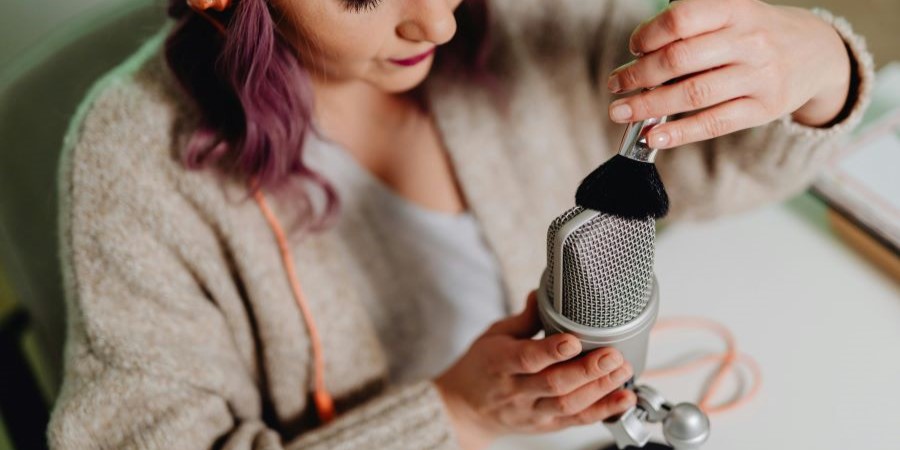ASMR For Sleep: Science, Benefits, and How to Use
For those who have experienced ASMR, it has been shown to have many potential benefits for sleep quality and well-being. In this article, we will look at what ASMR is really about, how it can help people sleep better, and how you can use ASMR for sleep for yourself!
What is ASMR
ASMR, or autonomous sensory meridian response, is a physical sensation that some people experience in response to certain auditory and visual stimuli. Often accompanied by tingling sensations on the skin, these responses are believed to be triggered by the release of endorphins and serotonin as a result of calming one’s nerves.
ASMR videos or recordings systematically trigger ASMR reactions through auditory and visual stimuli. Certain sounds, such as the crackling or crunching sounds, have a way of making our hair stand on an end. Watching ASMR videos may help trigger hormonal release which in turn might help people fall asleep.

How ASMR can help with sleep
ASMR can help you sleep because it is a form of meditation – many report feeling drowsy and relaxed after an ASMR session. This is not just anecdotal: ASMR has been shown to reduce cortisol levels, which are linked with stress and insomnia. It also stimulates the release of serotonin, which calms you down and helps you sleep. Research also found that people who experience ASMR were able to reduce their heart rates much more compared to those who do not.
In addition, ASMR can help you sleep because it gives your mind something to focus on. Listening with headphones can create a more immersive experience. Many people who have trouble sleeping find that focusing on their breathing and the sounds helps them relax to drift off to sleep.
Read also: Best Breathing Exercises for Sleep
The science behind ASMR
The science behind ASMR for sleep is still being developed, but there have been some interesting findings. For example, the release of serotonin and endorphins that occurs during an ASMR session has also been shown to help ease anxiety.
As many as 74% of ASMR study participants experienced tingling sensations on their skin when they watched quiet role plays, while 70% experienced tingling when they watched whispering videos. This could be because of the calming nature of these types of videos, which cause you to breathe slower and feel more relaxed.
Another study found that ASMR may have benefits similar to those seen in meditation practices. It found that people who experience ASMR had more stable moods and higher levels of empathy than those who do not.
Participants of another study who were exposed to ASMR videos reported feeling the most relaxed when watching their favorite artists. In addition, they reported lower levels of stress and anxiety after listening – something that is especially important before bedtime.

How to use ASMR for sleep
There are several ways to experience ASMR for sleep, depending on your settings and preferences:
Video
Most people listen to ASMR videos on Youtube or some other personal device before bedtime. The selection on Youtube is quite extensive, and you should quickly be able to find an ASMR video that you like.
Apps
While Youtube is the most widespread medium for AMSR recordings, studies show that looking at screens (like computer monitors) before going to bed can affect your sleep quality in a negative way. Instead, you might consider finding a sleep app that features ASMR recordings and use that.
DIY
There are also other ways to experience ASMR for sleep without having to listen or look at anything – some people enjoy brushing their hair, brushing teeth, applying lotion to the skin (gently!), etc., all of which can help you relax and drift off to sleep.
Read also: What to Eat for a Good Night’s Sleep

ASMR for Sleep: Summary
ASMR stands for Autonomous Sensory Meridian Response. You can use ASMR video and audio tracks to help you sleep, similar to the practice of meditation for relaxation. The release of serotonin and endorphins that occurs during an ASMR session has also been shown to help ease anxiety.
There are many perceived benefits of using sleep ASMR, such as lowering cortisol levels. However, the science of ASMR for sleep is still in its early stages of research, so if you suffer from any serious sleep disorder, please contact your physician and discuss a treatment plan that is best suited for you.


